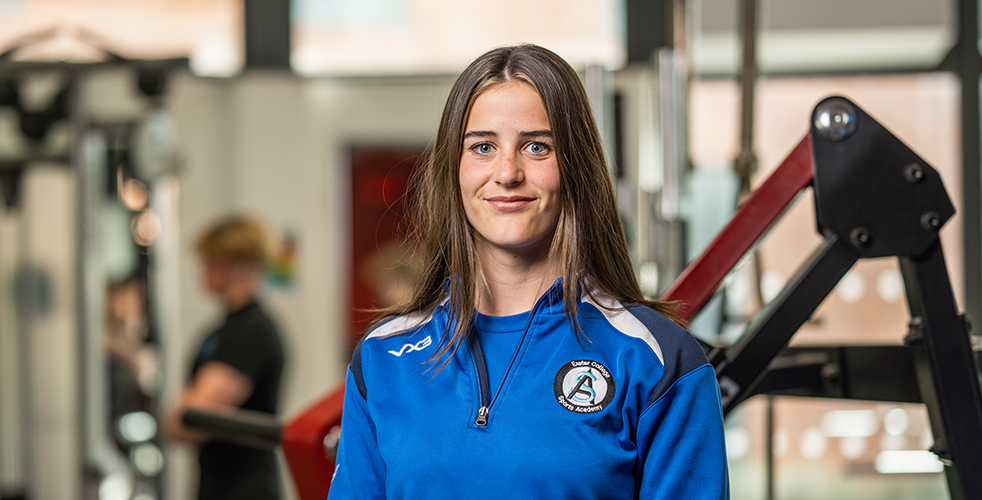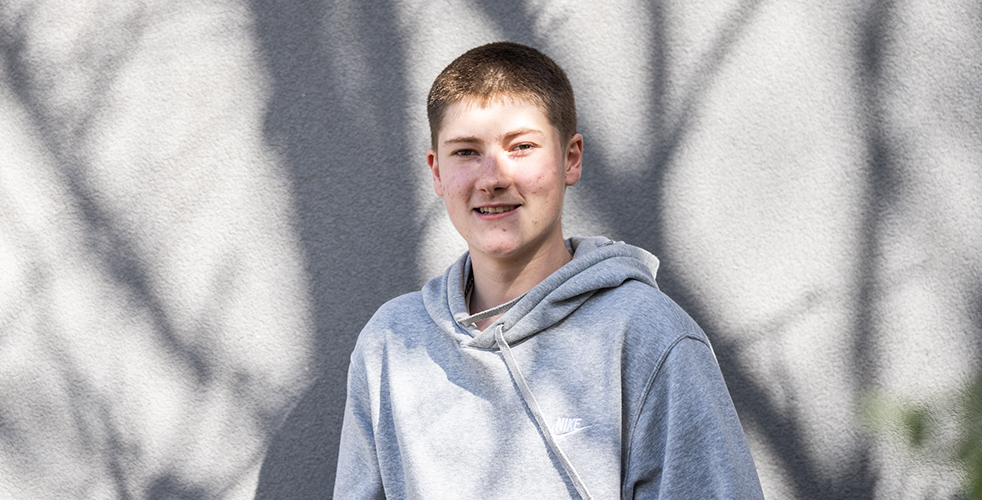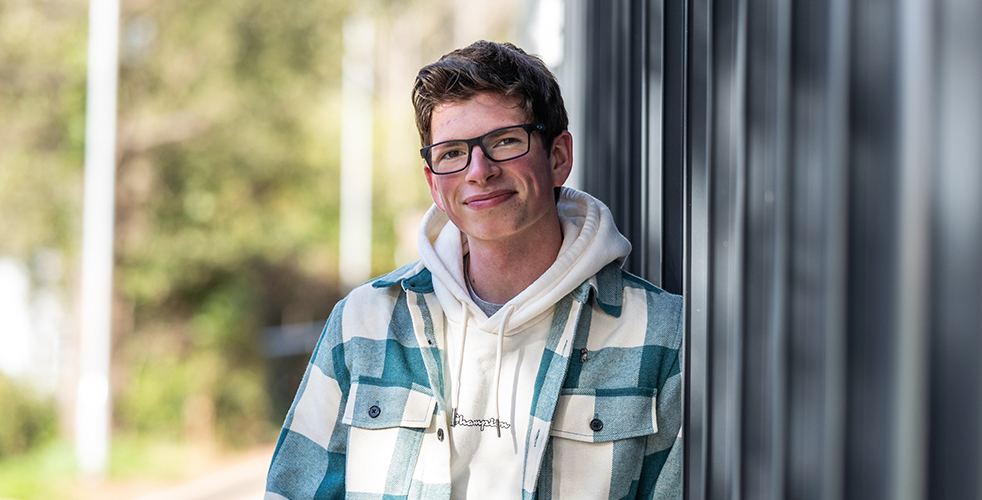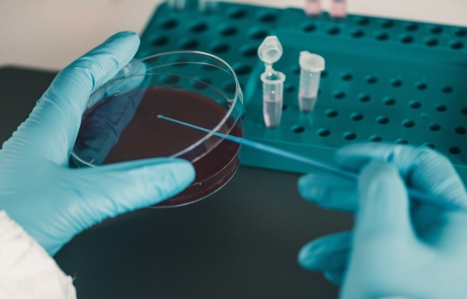Environmental Science
Students who enjoy a multi-disciplinary approach to science and have a keen interest in the sustainability of our planet will find this course engaging and thought provoking.
Course Information
- Course Type School Leaver
- Subject Area Science
- Qualification A Level 🧩
- Study Mode: Full Time Only
- Course Level Level 3
- Course Length 2 years
- Overview
-
This course can be combined with others and is most successful when combined with another science or Maths (A Level or the Level 3 Certificate). It goes particularly well with Biology, Geography or Geology.
A Level Environmental Science enables you to gain a deep and well informed insight into the environment, and the scientific processes that control and affect it. The central theme is the development of the understanding of how different events and cycles within the environment interrelate, how they influence subsequent environmental events, the human impacts on these events and cycles and the strategies that can be used to minimise the problems caused. Key aspects include Wildlife Conservation, Global Climate Change and Sustainability.
Students who enjoy a multi-disciplinary approach to science and have a keen interest in the science behind the sustainability of our planet will find this course engaging and thought provoking.
You will be taught through lectures, practical work, case studies and small group work. You will have access to fully-equipped laboratories, IT equipment and electronic resources. During the course there will be ongoing assessment of your progress by tests, essays and independent work. Formal assessment is by two 3 hour examinations at the end of the second year.
What topics will I study?
- The Living Environment: why the conservation of life on earth is important, the threats to wildlife and methods which may be used to achieve effective conservation.
- The Physical Environment: how current exploitation of physical resources causes environmental impacts and an understanding of physical processes and the development of new technologies can aid the management of such resources.
- Energy Resources: how the future problems of energy supply can be resolved with new technologies in renewable resources and by improved energy conservation.
- Pollution: how the properties of pollutants can be used to explain why some materials or energy cause environmental damage and the strategies used to minimise such damage.
- Biological Resources: how the challenge to provide food and forest resources for a growing human population can be met without damaging the planet’s life support systems.
- Sustainability: the principles from all the above topics are developed into a holistic understanding of sustainability and the circular economy in order to gain an understanding of the interconnected nature of environmental problems and solutions.
- Research methods: how the principles of scientific methodology can be used to investigate a wide range of environmental situations and techniques.
You will:
- Gain a scientific understanding of Earth’s systems to enable you to propose changes in society that would support sustainability
- Learn about why species are important, how they are threatened and methods to conserve them
- Have the opportunity to attend various trips, for example ecological sampling, Paignton Zoo and National Marine Aquarium Plymouth
- Study the science of climate change
- Learn about the impacts and management of unsustainable exploitation of water, mineral resources and soil
- Study how we manage pollution, energy and biological resources
- Develop your practical and investigative skills through lab work
A Level Geography, Geology or Biology would complement this subject particularly well.
Next steps: You could progress to a wide range of university courses, or to employment with organisations such as the Environment Agency, the National Trust and conservation agencies.
- Entry Requirements
-
You will need eight GCSEs at grade 4 or above, including English Language and Maths and two Sciences.
- Facilities
-
You will have access to new fully equipped laboratories and PCs as well as access to a Learning Resource Centre (LRC).
- Additional Costs
-
There are some costs of materials and resources.
-
Have a question?
If you have questions or would like to speak to someone, our team of Customer Service Advisers can help answer your questions or direct your enquiry to the correct team.
Speak to us today on 01392 400500 or send us a message using our contact form: www.exe-coll.ac.uk/contact. -
Ready to find out more?
Why not come along to one of our open events, a chance to explore our facilities, ask questions about our courses and find out more about being a student at Exeter College. Visit our open events page to find out more today.



What our students think?
“I study PE, Biology and Psychology A Levels and find they link together nicely. I chose my subjects by thinking about what I enjoy the most and what could help lead to a career in Sports, as that is my main interest.” Read more >
“Maths can help you build your confidence to try more things, as it’s really rewarding when you get the right answers and figure things out by yourself.” Read more >
“Physics is my favourite subject and I particularly enjoy atomic physics. There is a helpful link between Physics and Maths, which is very interesting and lots of cross over, for example, when studying kinematics.” Read more >
You may also like View all Level 3 Courses View all Science Courses
-

Microbiology – Extend Option
- Level: Level 3
-

Neurobiology – Extend Option
- Level: Level 3
-

Meteorology and Weather Forecasting – Extend Option
- Level: Level 3
